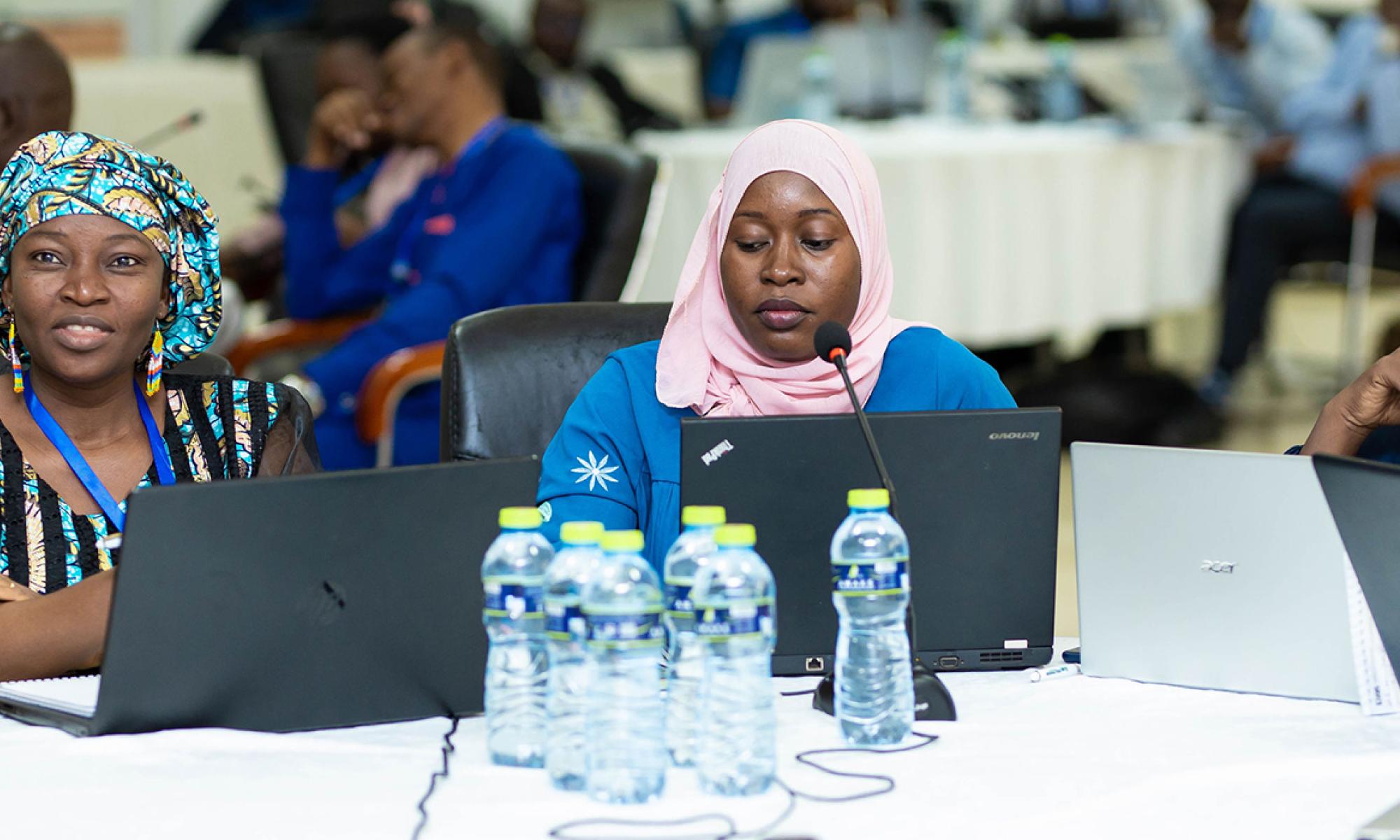
Strengthening the J-PAL Network
Our work is stronger when it is informed by diverse perspectives. Reflecting our global scope, J-PAL's network of over 1,000 researchers spans 37 countries and has conducted more than 1,200 studies across 91 countries.
In the J-PAL network that span 37 countries
Being conducted across 91 countries
Regional research centers in Africa, Europe, Latin America and the Caribbean, the Middle East and North Africa, North America, South Asia, and Southeast Asia are led by local experts and supported by locally recruited staff; and we partner with an extensive network of policy, implementation, and funding partners spanning dozens of countries worldwide.
In 2024, we've focused on strengthening our research network by creating new opportunities for researchers based in low- and middle-income countries to develop and drive the research agenda in their regions through the use of randomized evaluations.
We are also expanding access to J-PAL resources, including adding three new languages to our flagship online courses, publishing research resource translations in French for better accessibility in Europe and West Africa, and designing new AI-powered tools to launch these products in more languages.
J-PAL Scholars and Fellows
In addition to the growing number of researchers from LMICs who have become J-PAL affiliated professors and invited researchers, we have provided research funding and mentorship to 146 scholars and fellows from 18 countries in Africa, the Middle East, and South Asia. These researchers have received over $2.1 million in grants and fellowships to conduct research related to finance, agriculture, education, health, and humanitarian protection.
From 18 countries have received research funding and mentorship
Have been awarded to conduct research in finance, agriculture, education, health, and humanitarian protection
Most recently, in 2024, we added a scholars program to our Crime and Violence Initiative to empower more researchers from LMICs to lead randomized evaluations of interventions aimed at reducing crime, violence, and conflict. We are fundraising to add scholars programs to more initiatives and regions, including in Latin America and the Caribbean and Southeast Asia.
Supporting India-based researchers
J-PAL South Asia launched the Indian Scholars Program in 2021, which provides funding and training for Indian researchers and academics and offers hands-on randomized evaluation experience for doctoral students through the Research for Impact Fellowship.
The program has fostered an impressive diversity in research studies, addressing critical global challenges across varied contexts and themes. From analyzing how information and transaction costs affect access to clean water to understanding the impact of maternal knowledge on child health and wellbeing in Indian slums, the studies demonstrate a commitment to tackling pressing issues faced by underserved communities.
Meet some of our Indian Scholars

The Indian Scholars Program stands out in the exposure and possibilities for interaction that it provides. Through conferences and networking events, it makes it possible for researchers to connect with a broader knowledge pool and benefit from their valuable insights.
— Rashmi Barua Bhowmik, Jawaharlal Nehru University

The Indian Scholars Program has been an amazing experience. Continuous and regular support through a mentor and information sessions were crucial in re-validating our studies.
— Prarthna Agarwal Goel, Guru Gobind Singh Indraprastha University

The program has provided me with an opportunity to explore my more recent research interests, as well as given me the skills to conduct an RCT within these new areas of interest.
— Tirtha Chatterjee, O.P. Jindal Global University
Perspectives from African Scholars
Our African Scholars blog series dives into participants' motivations and research questions in J-PAL’s African Scholars Program.
- Mohammed Tanko of Ghana's University for Development Studies discusses what motivates him to study the most effective ways to improve health outcomes, empower women, and raise standards of living in his home country and across the region.
- Zakayo Zakaria of the University of Dar es Salaam shares the importance of assessing the long-term impacts of early childhood development interventions on broader life outcomes such as employment and health.
- Oluwabunmi Adejumo of Obafemi Awolowo University in Nigeria shares how funds from J-PAL and CEGA have been instrumental in enabling her to conduct preliminary surveys and studies in education and agriculture.
- Toyin Samuel Olowogbon of Federal University Oye-Ekiti in Nigeria shares how J-PAL funds were used to build research partnerships, identify barriers to technology adoption for farmers, and assess the preliminary impact of a mobile app's utilization among farmers.
- Arinze Nwokolo of Lagos Business School shares about her work exploring how cognitive behavioral therapy can alleviate stress among female entrepreneurs.
Researching racial equity in North America
J-PAL North America is catalyzing rigorous research on the drivers and mechanisms of racism and discrimination through ethical, theory-driven randomized evaluations. The Racial Equity Initiative aims to develop a robust research pipeline, prioritizing studies that explore structural inequalities affecting communities of color and supporting scholars from underrepresented backgrounds passionate about these issues.
To support these efforts, J-PAL North America launched a Request for Proposals focusing on racial equity research—encouraging studies to investigate discrimination, its mechanisms, and under-recognized pathways for change. The office is also increasing engagement with Black, Latino/a/x, and Indigenous researchers, improving the avenues into economic research for underrepresented groups. Read a blog post from J-PAL affiliates and staff summarizing a conversation exploring the role of positionality in economics research.
Lead photo credit: J-PAL